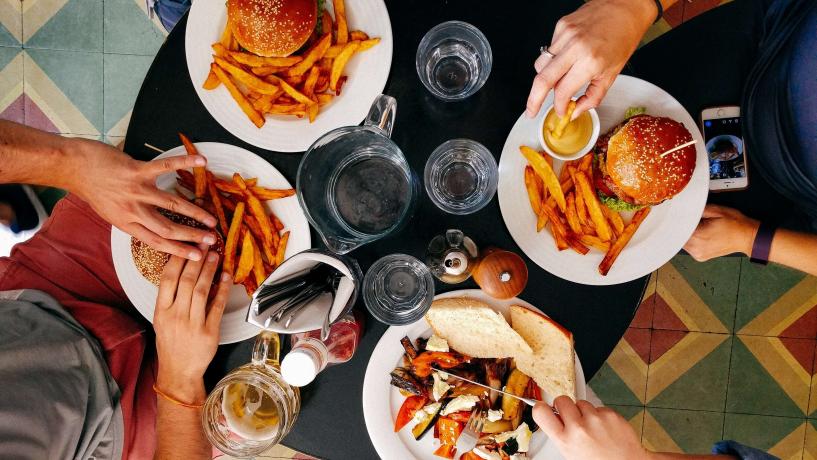
Any individual who handles food as part of their position has multiple responsibilities. Food that has been incorrectly handled carries with it a higher risk of contamination, which has the ability to cause serious illness and in some cases even death.
Whether preparing food that will be sold or given away, food handlers should be able to do everything possible to ensure that the food does not make anyone sick. Consumers have a right to feel safe eating food when they go out and making it compulsory for food handlers to be trained, is one way to achieve this.
Illness
If a food handler is unwell and experiencing any foodborne illness related symptoms – vomiting, diarrhea, fever or sore throat – they must advise their supervisor. The Food Safety Standards Code also says they “must not handle any food where there is a chance they might make the food unsafe or unsuitable because of their illness. Also, if a food handler stays on at work to do other work, he or she must do everything reasonable to make sure that they do not contaminate any food.”
Furthermore, if a food handler experiences any symptoms that could cause them to contaminate food through their bodily fluids, they must also cease work immediately. Cuts, boils and open sores must be completely covered up with waterproof dressings before the food handler can return to their duties and performs any task with food.
Personal Hygiene
Another way that a food handler can reduce the risk of causing contamination is maintaining a high level of personal hygiene. Biological contamination refers to any biological hazard, such as bacteria, viruses, yeasts, molds and parasites that are transmitted to food.
According to the Food Safety Standards Code, the most important things food handlers need to know are that they must:
- do whatever is reasonable to prevent their body, anything from their body or anything they are wearing, come into contact with food or food contact surfaces;
- do whatever is reasonable to stop unnecessary contact with ready-to-eat food;
- wear clean outer clothing, depending on the type of work they do;
- make sure bandages or dressings on any exposed parts of the body are covered with a waterproof covering;
- not eat over unprotected food or surfaces likely to come in contact with food;
- not sneeze, blow or cough over unprotected food or surfaces likely to come into contact with food;
- not spit, smoke or use tobacco or similar preparations where food is handled; and
- not urinate or defecate except in a toilet.
Hand washing is one of the most effective ways for food handlers to help reduce the risk of contamination. To ensure that you are properly washing your hands you are encouraged to follow these 6 steps:
- Wet your hands under clean running water
- Apply soap to your palm
- Lather soap and scrub over back and front of both hands up to wrists
- Rinse off soap with clean running water
- Turn off tap, if possible without using your hands
- Dry hands with a disposable towel or an air dryer
Visit our Food Handler course page to learn more about food safety training.





